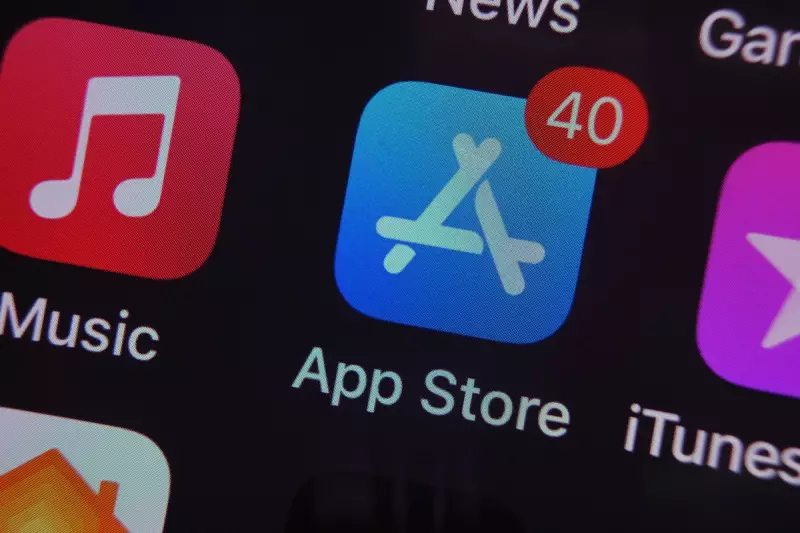
In a landmark move that could reshape Britain's digital landscape, the Competition and Markets Authority has launched a comprehensive investigation into the tech titans controlling our smartphones.
The UK regulator is training its sights on Apple's iOS and Google's Android ecosystems, examining whether their dual dominance creates an unfair stranglehold on the mobile market that ultimately harms British consumers and businesses.
The Digital Duopoly Under Scrutiny
At the heart of the probe lies a fundamental question: have Apple and Google established an unbreakable grip on how we access digital services through our phones? The CMA's investigation will dissect every aspect of their control, from app store policies to operating system restrictions that potentially lock users into their respective ecosystems.
Sarah Cardell, CMA Chief Executive, stated: "When it comes to how people use mobile phones, Apple and Google hold all the cards. As good as many of their services and products are, their strong grip on mobile ecosystems allows them to exclude competitors and hold back the British tech sector."
What the Investigation Will Examine
The probe will focus on several critical areas where the tech giants' power appears most concentrated:
- App Store Dominance: The exclusive control over which apps can be installed on iPhones and the commission structures that developers must accept
- Operating System Restrictions: Limitations that prevent alternative app stores or payment systems from functioning properly
- Browser Engine Control: Apple's requirement that all browsers on iOS use its WebKit engine, potentially stifling innovation
- Cloud Gaming Barriers: Restrictions that prevent cloud gaming services from operating as standalone apps
Broader Implications for UK Tech and Consumers
This investigation represents the latest escalation in global regulatory pressure on Big Tech, but with distinct British characteristics. The CMA has positioned itself as one of the world's most aggressive tech regulators, following its block of Microsoft's Activision acquisition and ongoing scrutiny of Amazon and Meta.
For British consumers, the outcome could mean greater choice in how they access apps and services on their devices. For developers, it might signal relief from what many describe as oppressive commission structures and arbitrary app store policies.
The investigation comes as the UK government prepares to implement its Digital Markets, Competition and Consumers Bill, which would grant the CMA even greater powers to regulate dominant tech firms and impose significant fines for non-compliance.
As one industry insider noted: "This isn't just about app stores anymore—it's about who controls the digital gateways to modern life, and whether that control serves the public interest or private profit."





